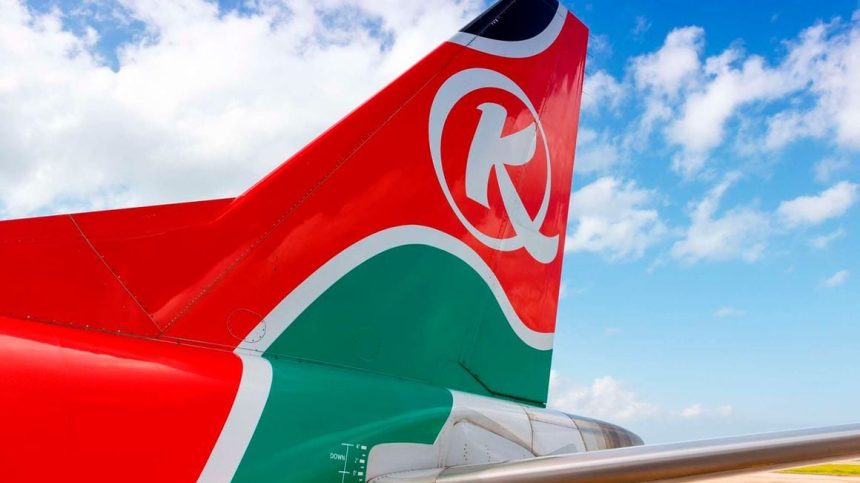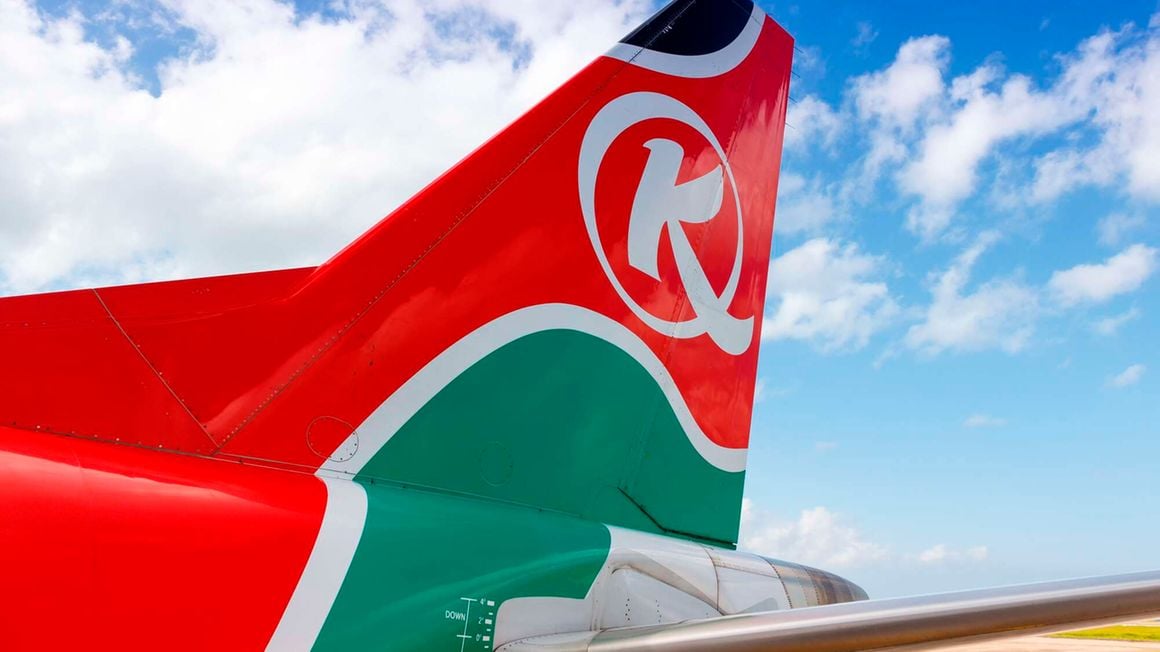Kenya Airways (KQ) is among several State entities that the Treasury has denied funding in the financial year starting July 1, to pave the way for restructuring.
Treasury PS Chris Kiptoo told Parliament that KQ, as is known by its international code, has not received any bailout in the financial year 2023/24.
“We have cut funding for KQ, which received a substantial bailout in the last and the current budgets,” Kiptoo said.
“We have prepared a Cabinet memorandum on the turnaround strategy of Kenya Airways that is currently before the subcommittee of the Cabinet. The memorandum will be tabled in the full Cabinet next week.”
Dr Kiptoo told the National Assembly’s Finance and Planning committee that the Treasury has prepared several options to rescue the struggling national carrier.
“Do we do away with KQ? Do we restructure it? Or bring in a strategic investor? These are some of the questions that we are seeking answers to. If the Cabinet makes a decision, we will go by any of the options on the table,” said Dr Kiptoo.
Appearing before the committee to defend the Treasury 2023/24 budget, Dr Kiptoo disclosed that the vote on Budget Formulation, Coordination and Management had been increased by Sh2.5 billion mainly on account of “a drop in government investments e.g. in KQ.”
He said KQ received a Sh36 billion bailout in the 2021/22 financial year and Sh20 billion in the current financial year, which was scaled down to Sh10 billion in the Supplementary Budget in April.
“I confirm here that there is no allocation for KQ in the 2023/24 financial year,” Dr Kiptoo said in response to questions filed by committee chairman Kuria Kimani who demanded to know why the government had decided to drop some of its investments in corporations such as KQ.
He sought to know the exact amount of funding that the Treasury had effected on support to Kenya Airways and the alternative for funding the airline.
Dr Kiptoo said the government guaranteed KQ $75 million which has to be budgeted to repay the loans.
“We are continuing to pay the debt but we have presented a proposal to the Cabinet to improve the balance sheet of KQ. We are also looking at the area of leasing of aircraft. That is an area that we feel there is money we are losing,” Dr Kiptoo said.
“We want to bring KQ to where it was in the year 2001 to 2011 where it did great until Project Mawingu came in and things went wrong.”
Dr Kiptoo said minus the debt, KQ is doing well currently and if supported, it will return to profitability.
Read: Treasury slashes Sh10 billion from KQ bailout
KQ’s net loss more than doubled to hit a record Sh38.26 billion in the financial year ended December due to a rise in financing costs after the government took over servicing one of the dollar-denominated loans.
The net loss grew 1.4 times from Sh15.87 billion posted in 2021, taking the national carrier’s accumulated loss to Sh172.68 billion.
In March, the board announced that the airline is on course to hit break-even point this year and profitability by 2024 —something it has not done since 2012 when it closed with net earnings at Sh1.66 billion.
KQ had seen a rise in total income from Sh70.22 billion to Sh116.87 billion but suffered a net loss increase majorly due to a Sh18 billion finance cost that was passed through the income statement after the State took over the servicing of one of the dollar-denominated loans.
Costs grew from Sh86.4 billion to Sh155 billion, mainly driven by fuel prices, which increased by 160 percent or Sh26.91 billion. Other direct operating costs increased by Sh12.4 billion due to increased capacity.
The State last year took over the $525 million debt it had guaranteed KQ after the airline defaulted on payment.




